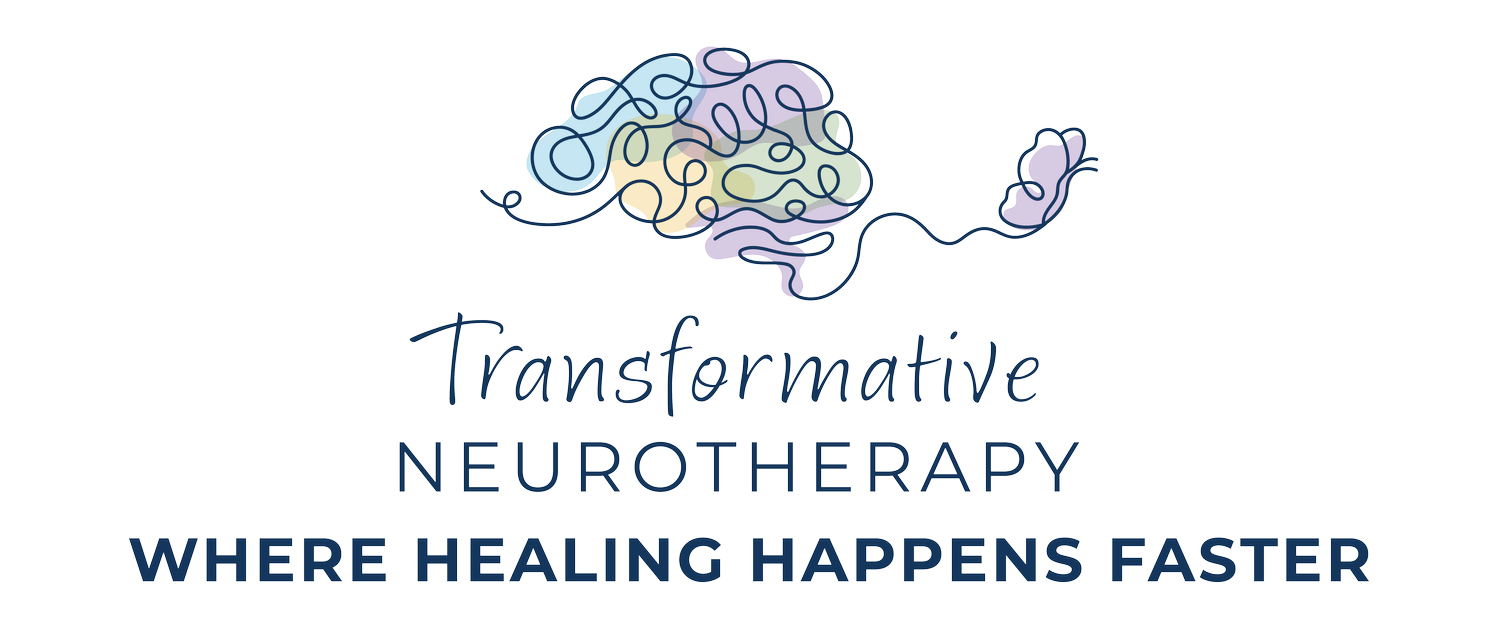TRANSFORMATIVE NEUROTHERAPY BLOG
Learn more about the work we do with periodic blog posts and podcasts from Founder and Executive Director, Dr. Heather Putney.
TRANSFORMATIVE NEUROTHERAPY PODCAST
Episode 1 - Breaking the Therapy Barrier: The Neuro Revolution
September 19, 2025
When I founded Untethered Therapy in 2014, I never imagined it would lead me down a path of developing new approaches to mental health care. At the time, I was deeply invested in couples therapy, and over the years, I expanded my practice to include addiction and trauma recovery. I used the best tools available—EMDR, emotionally focused couples therapy, internal family systems—and yet, I kept running into the same frustrating pattern. Some clients, despite doing everything “right,” remained stuck. Their brains simply wouldn’t budge. I started calling it being “brain stuck.”
That realization was a turning point. I couldn’t accept that some people just wouldn’t get better. I knew there had to be a deeper reason, something beyond the psychological frameworks I was using. So I went back to my roots—biology and physiology—and began researching what was happening at the neurological level. That’s when I discovered neurofeedback and, eventually, neuromodulation. These tools became the foundation for what is now Transformative Neurotherapy.
My academic background has always been a bit unconventional. I earned a master’s in integrative biology and physiology, and I spent time working in animal training and psychology. I originally thought I’d become a veterinarian. But somewhere along the way, I felt a strong pull toward human psychology. As much as I love animals, I realized that helping families heal would leave a longer legacy. That shift led me to build Untethered Therapy, where my team and I have been working to help people transform their lives for over a decade.
Transformative Neurotherapy was born out of necessity. I needed something that could reach the clients who weren’t responding to traditional therapy. Neuromodulation offered a way to address psychological challenges at the physiological level—where the brain itself could be supported and retrained. It’s not a replacement for therapy, but a powerful complement. When the brain is stuck, talk therapy alone often isn’t enough. By combining both approaches, we help people move forward faster and more effectively.
One of the biggest challenges I face is educating people about what neurotherapy actually is. It’s still a relatively unknown field, and most people don’t realize how much their brain’s physiology affects their emotional and
psychological well-being. I often say, “People don’t know what they don’t know.” That’s why I’ve made education a core part of my mission—whether it’s through client conversations, community outreach, or sharing insights online.
Outside of work, my life is full and often chaotic in the best way. I joke that I turn into a taxi cab every afternoon, driving my kids to their various activities. When I do get a moment to myself, I love gardening, biking, and spending time with my dogs and family. These small joys keep me grounded and remind me why I do what I do.
At the heart of it all is a simple truth: I want people to heal faster. I’m not a very patient person, and I don’t like suffering—whether it’s mine, my kids’, or anyone else’s. That urgency drives me to keep pushing, keep innovating, and keep asking how we can do better. I believe everyone deserves the chance to reach their highest and best self without unnecessary struggle or delay.
Neurotherapy isn’t magic, but it is transformative. It’s a bridge between what we know about psychology and what we’re learning about the brain. And for those who’ve felt stuck for too long, it might just be the missing piece.
